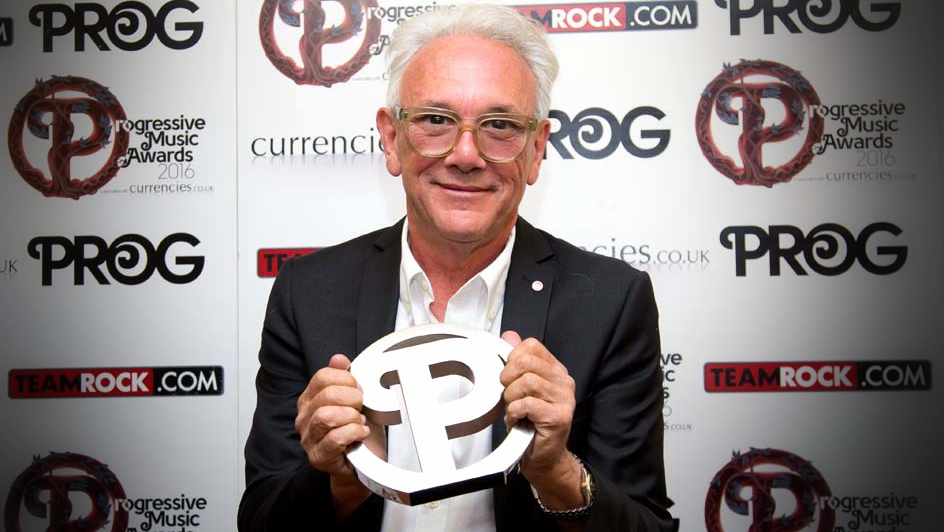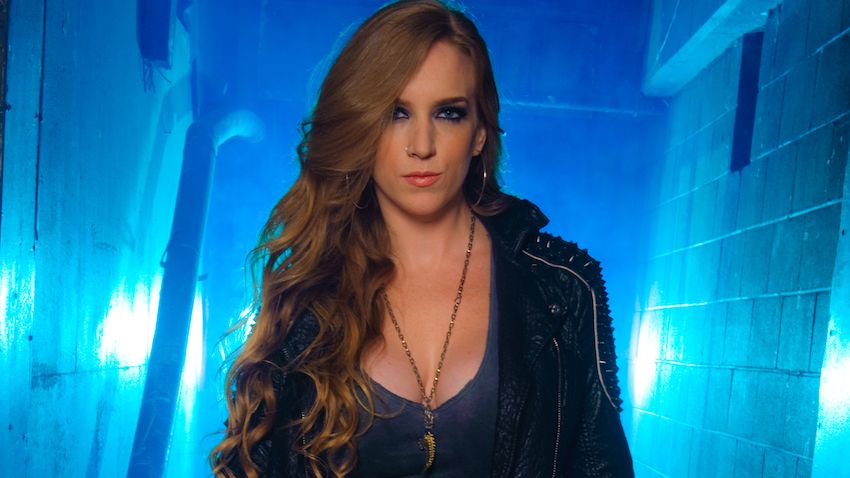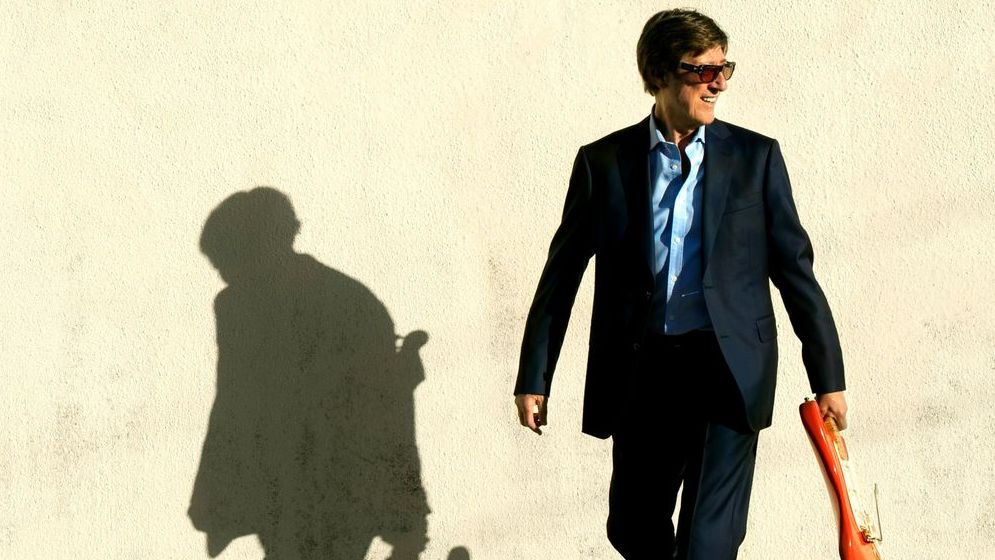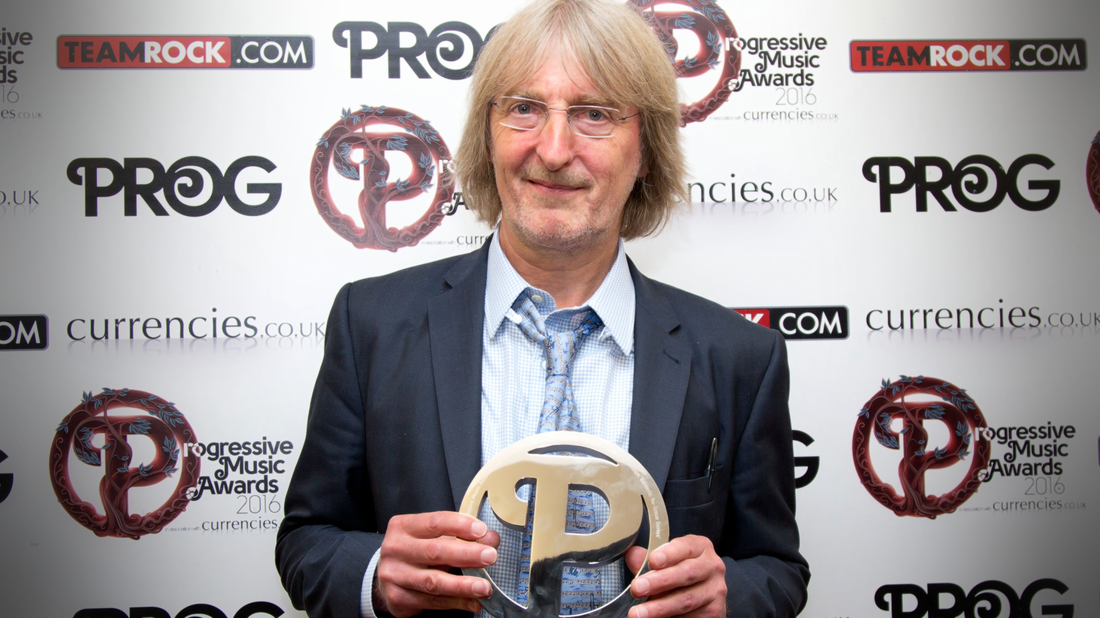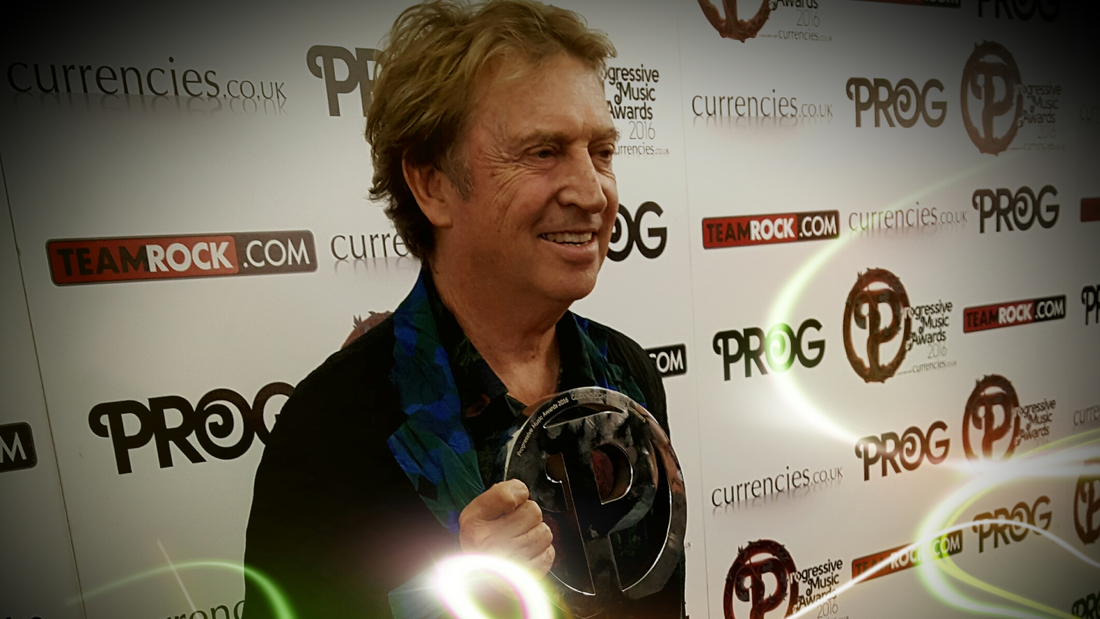Not Understanding how Record Releases Work
A lot of indie artists don’t realize how much work and research goes into releasing an album. Record labels will sometimes scrap entire projects because they felt it wasn't good enough or it wasn't aligned with what their vision was for the artist. This might seem drastic, but major record companies have sold millions of records and know exactly what works and doesn’t. If they are ready to go through all this trouble to craft a project, so should you.
The best way for indie artists to start is to release a short EP. The EP should comprise some of your best pieces, but it should be cohesive too. All the songs should have been recorded at the same time, preferably using the same engineer and studio. There’s a lot more that goes into releasing an EP, however, and you need to have everything down if you don’t want your release to be a flop. Your EP should also show you in the best light possible.
If you want tips on how to structure an EP release, check out Pirate.com. They teach you exactly how to make an EP step by step and everything you need to know for your release to get attention. They teach you how to get your core base involved and how to devise a content marketing strategy to support your release.
Not Hiring a Lawyer and Accountant
If you’re going to be a serious artist and do it for a living, one of the first things you'll have to do is find a good music industry lawyer and keep them on retainer. They will play an essential role if you decide to sign sponsorship deals, for instance, or if you ever decide to sign a contract with a manager.
A lawyer will also explain liability to you and the risks you are exposing yourself to. They will also be there for you if you end up getting sued because of some incident or if you violate someone else’s intellectual property.
Hiring an accountant is also extremely important. We would also add a financial planner to the mix. So many artists end up in trouble with the IRS because they don’t know how to manage their money. Others end up being shocked by how little they can spend from the money they get after they have paid everyone around them.
An accountant will help keep your books in order, but they can do much more than that. Your accountant could be your biggest partner and having a good accountant could be the difference between living from your art comfortably or literally going bankrupt.
A good accountant will be able to help you build a sound personal and business budget.They will tell you what you can afford and what you can’t. They can also help you tell where you’re overspending. These are things that many artists simply don't understand, but ignorance here could be disastrous and even land you in jail. So, look for an accountant immediately if you haven't already.
Not Considering Major Labels
Another mistake that many independent artists make is shunning major labels completely. If you’ve tried getting signed before and it didn’t work, maybe going indie is better, but don’t write off labels because you have a bad opinion of them.
There are some cases in which going with a major label makes sense. If you’re extremely talented and have managed to gain traction on YouTube, Instagram, and Spotify, then it could mean that you have the potential to be an international star, and only a major label will be able to do that for you.
Record label deals are bad for artists that are not good enough or those who enter in bad deals out of eagerness or ignorance. But, if you can go with a record label that will give you a deal for three albums and you have all the artistic license you want, then this could be a great situation for you. Major labels have a much bigger marketing machine and can get you access at a level you never could as an independent, so at least consider the option.
Being too Greedy
We understand that every dollar counts when you’re an indie artist, but don’t be greedy. You have to be ready to give if you want to receive. One thing you should never do is charge your audience at shows when giving out CDs. CDs are extremely cheap these days, and you won't make savings or a huge profit by selling them. Not only that, but the goal of your CDs should be to spread awareness for your act, not to make a few extra bucks.
You should also give away merchandise during shows if you have any. You are free to sell merch at pop-up shops on your website, but it's better to give it away if it's during a show. You should also take advantage of free performance opportunities if you think they'll open the door for better gigs.
These are all mistakes indie artists need to avoid at all costs. If you manage to avoid them, you'll have a much greater chance of success and won't end up making decisions you will regret for the rest of your life.



